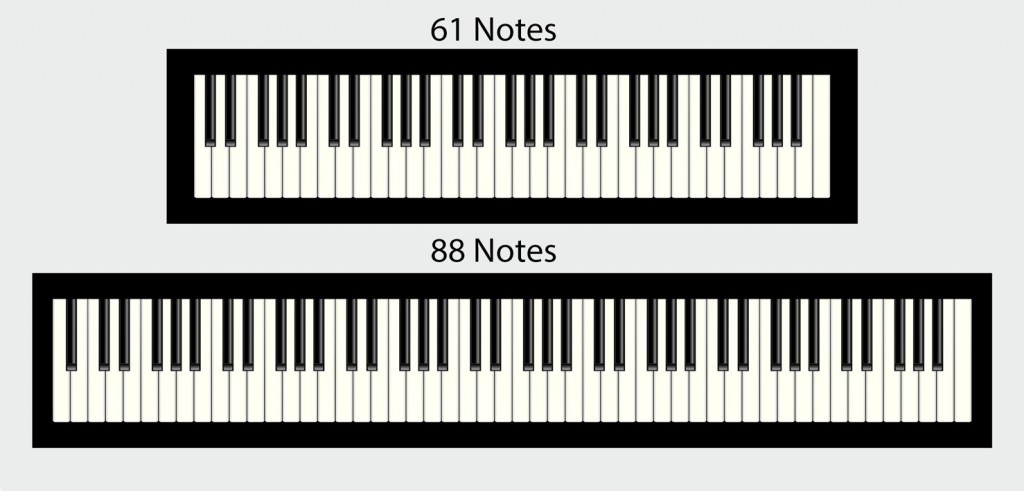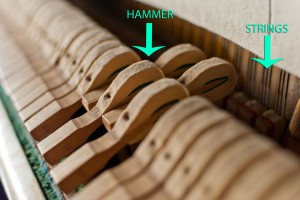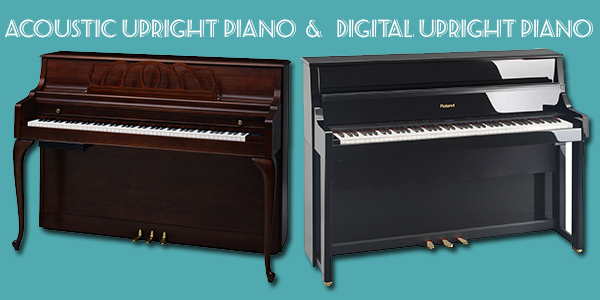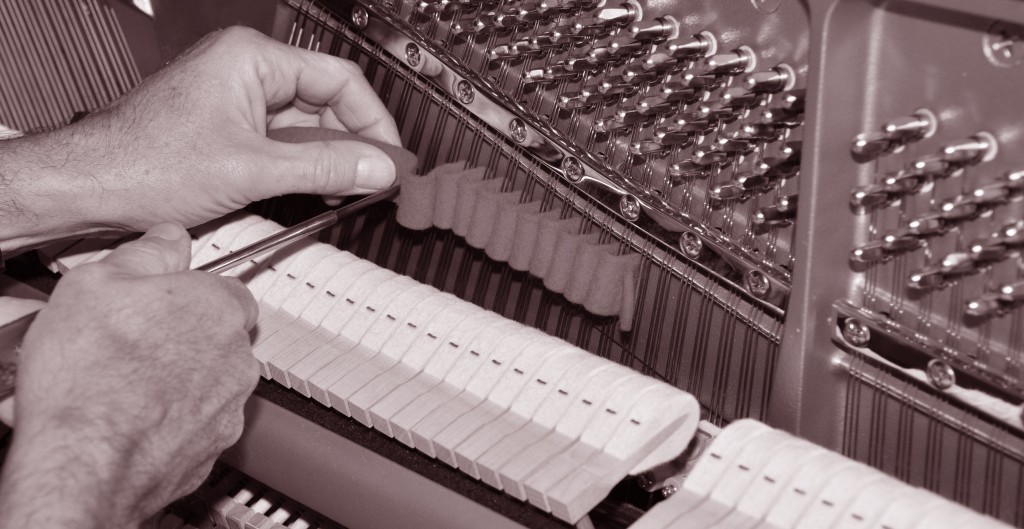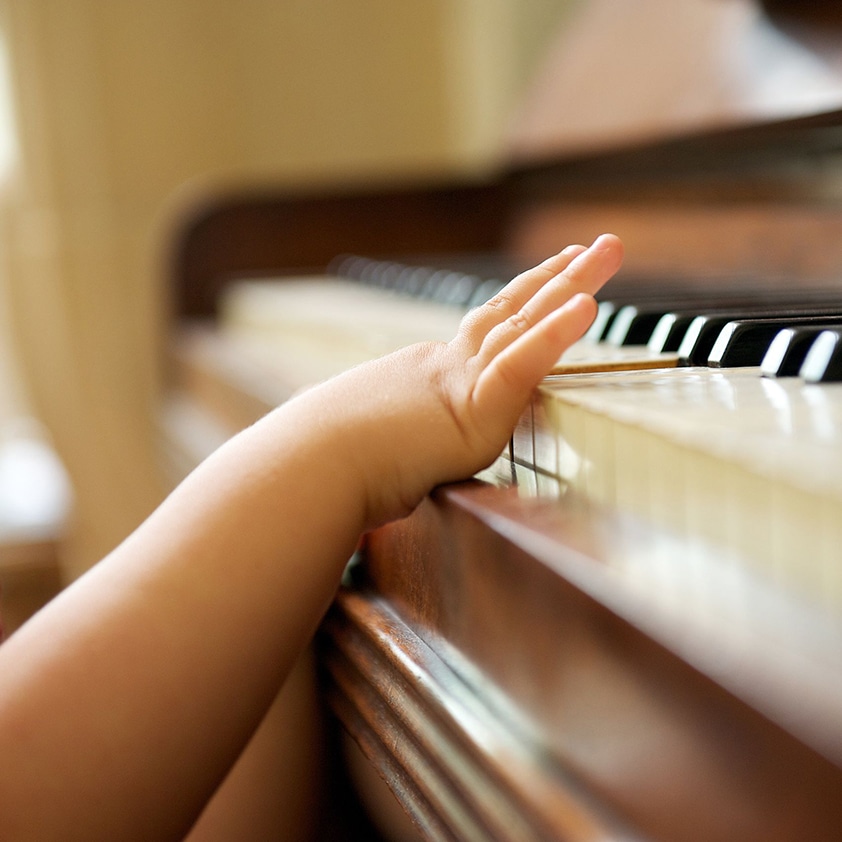
Buying your first piano can be a daunting task, especially if you are not a pianist or musician yourself. It can be difficult to determine which piano to buy or whether you should invest in purchasing a piano at all.
Contributed by Hiyori Matsushima for the Roland Australia Blog
During my years of working in music retail, selling both acoustic and digital pianos, some of the most asked questions asked by parents (wondering aimlessly in the shop) were:
1) My child’s piano teacher said “Buy a piano with full size, weighted keys”. What does this mean?
2) Should I buy my child an acoustic piano or digital piano? What’s the difference?
3) I don’t know if my child will continue playing. He/she may give up in 6 months. Should I just buy a small keyboard first?
The questions above are reasonable & valid questions. So I’d like to share my experience and knowledge as a Conservatorium graduate, a piano teacher, and a music store sales person. I hope it will clear up some of the questions that you may have before purchasing your child’s first piano.
Question #1: My child’s piano teacher said “Buy a full size piano with weighted keys. What does this mean?”
“FULL SIZE” Piano
A full size piano or full set of keys refers to a piano (acoustic or digital) with 88 notes. Many piano teachers will recommend the fully-weighted 88 note pianos because a majority of music examination boards will set these specifications as minimal requirements to take their exams.
Smaller keyboards generally have 61 notes or 76 notes, mostly without weighted keys. Beginners start off using only a few notes to begin with when they start learning the piano or keyboard but as your child progresses, the range of notes they use will inevitably extend. Having fewer keys mean that your child will eventually run out of keys to play and they won’t be able to play music that contains top end or low end notes – because the keys just simply aren’t there!
“WEIGHTED” Keys
Have you ever played on a portable, light-weighted keyboard and then immediately played a piano? If you haven’t, I recommend that you try it next time you are at a music shop. You should feel a significant difference in the weight and response of the keys.
The keys on acoustic pianos feel heavier to play compared to portable keyboards. This is because when a piano key is pressed down, it triggers the hammer action to lift in order to hit the strings to create the sound.
Conversely, portable (non-weighted action) keyboards generally have ON-OFF sensors under the keys to trigger the sounds. You might also find that the length of the keys are much shorter compared to acoustic or digital pianos.
In this image (left), you can see that when the keys are pressed on the piano, the hammer is lifted in order to hit the strings.
The weight of the keys is dependent on several factors – such as hammers, action parts and how they are assembled.
Most digital pianos with weighted keys simulate this hammer action very well and the weighting of the keys never change.
The weighted action helps your child to build their finger strength. For a child who practices on a digital piano with a weighted action rather than a non-weighted keyboard, the transition to acoustic piano is very smooth. If the child is used to playing non-weighted keys at home, they will find the weighted keys much heavier to play and may struggle until they get used to the heavier keys.
If you can’t tell the difference between a fully weighted keyboard and non-weighted keyboard, the best thing would be to ask the shop assistant – they should be able to point you in the right direction.
Question #2: Should I buy my child an acoustic piano or digital piano? What’s the difference?
Some teachers are adamant that their students should buy and play on acoustic pianos. This may have been the case 10-15 years ago when the digital technology was not as advanced and the ability to recreate the tone and touch of the piano in the digital realm was not as accurate. But the technology has come so far since then, and the difference between acoustic and high-quality digital pianos is barely evident. No matter what instrument you play, it is important to play an instrument that sounds and feels pleasing.
If you sound good, you naturally want to play more – and the more you play, the better you will become! Just because the piano is acoustic, it does not necessarily mean that they sound or feel better. Acoustic pianos can be very beautiful to play and touch, but unlike digital pianos, they need regular maintenance to ensure their playability.
Before you buy an acoustic piano, you need to think of your investment and ongoing maintenance costs.
Tuning
Tuning is required on a regular basis if you want your piano to stay in tune. A couple of piano tuners I’ve met in the past recommended tuning every 6-12 months. Acoustic pianos can go out of tune simply from playing it. They can also go out of tune due to the climate (especially in humid areas – the wooden soundboard will expand and shrink in humidity, detuning the strings in the process) or if you move the piano. Tuning can cost around $150 at a time (more for grand pianos) – if you calculate the cost over 10 years, that’s $1,500 just for tuning!
As the acoustic pianos age, the sound quality will deteriorate without regular maintenance. Here is an example: Imagine an old Western movie with a saloon, with a piano playing in the background as the bandit enters the saloon. That’s what people call the “honkytonk” piano. The “honkytonk” sound is usually caused by the felt on the hammer hardening over time. When you first purchase an acoustic piano, the felt is usually quite soft. But over time, from repeatedly hitting the strings, the felt hardens. Unless you like the piano sound in an old Western movie, you may need to either replace the felt, or buy a new piano. A lot of work is involved in changing every felt on every key, so this can be quite an expensive and time consuming exercise.
Digital pianos on the other hand, never require tuning and the tone doesn’t deteriorate over time. A digital piano will stay in tune regardless of weather/climate fluctuations, moving or excessive playing.
Question #3: I don’t know if my child would continue playing. He/she may give up in 6 months. Should I just buy a small cheap keyboard first?
As I mentioned above about building finger strength, I personally think that all beginners should start on a fully weighted 88-note piano. If you are worried that your child might not continue with the piano due to other commitments or lack of interest, there is always the option to hire a piano first to test the water.

